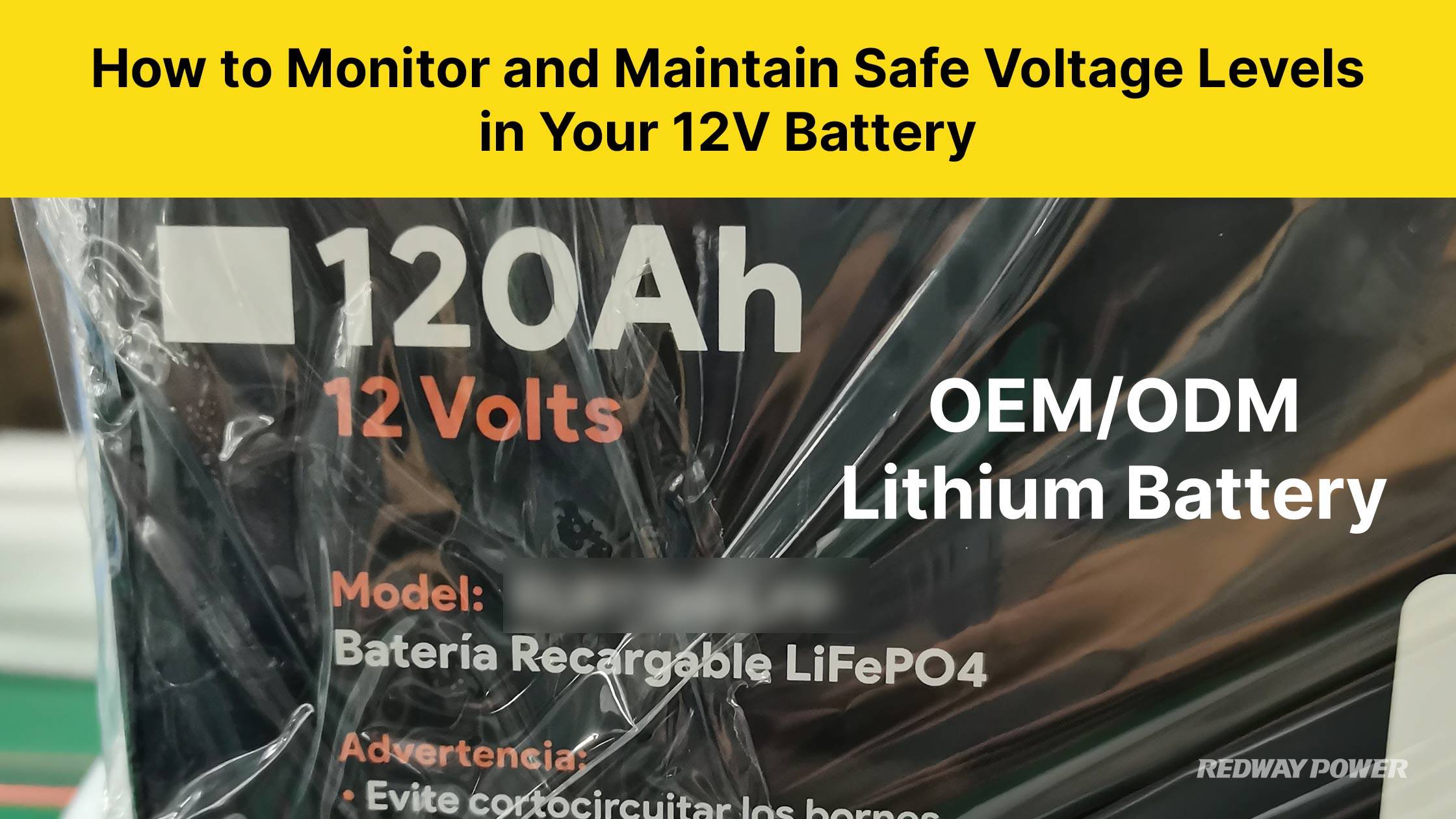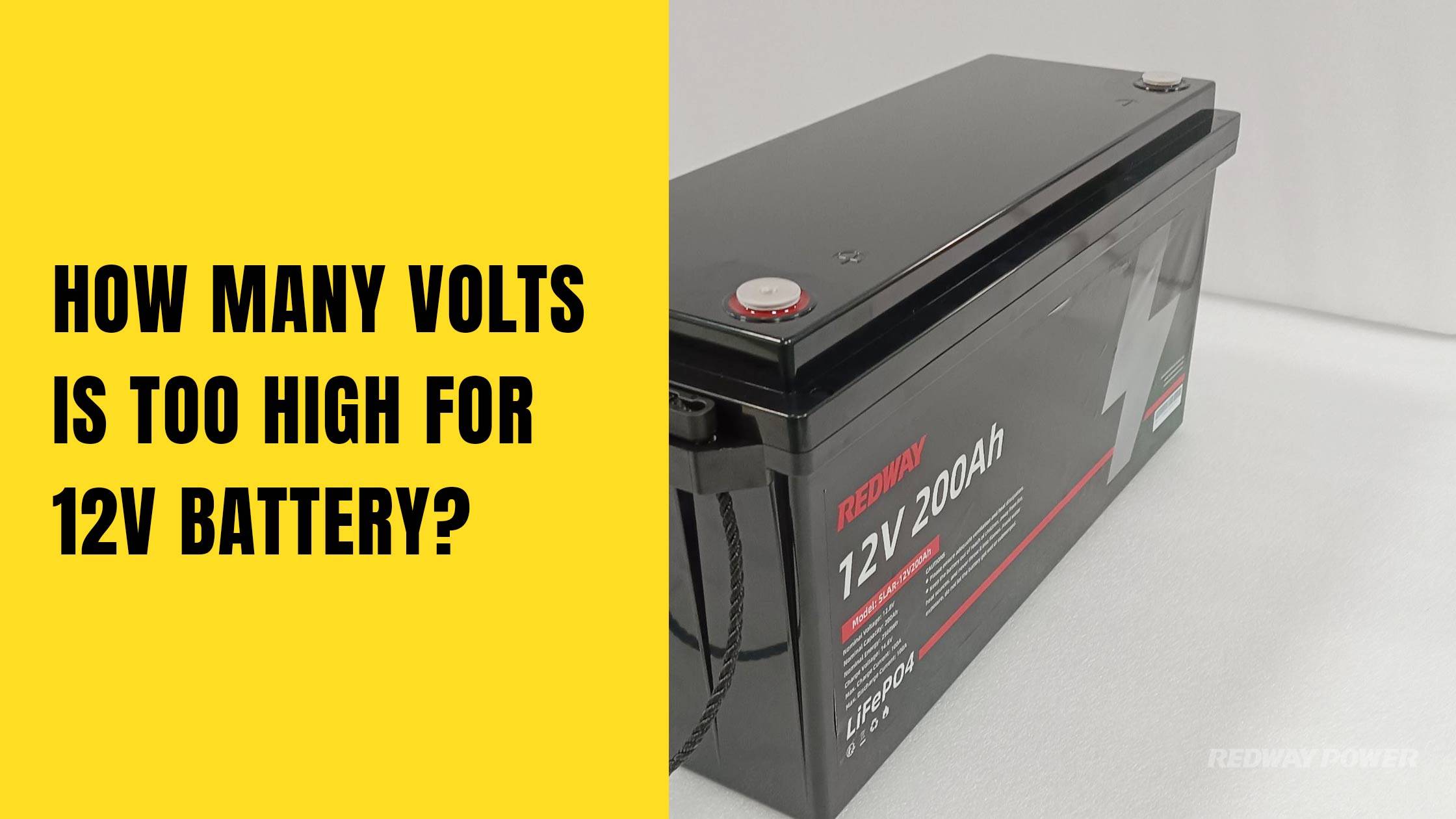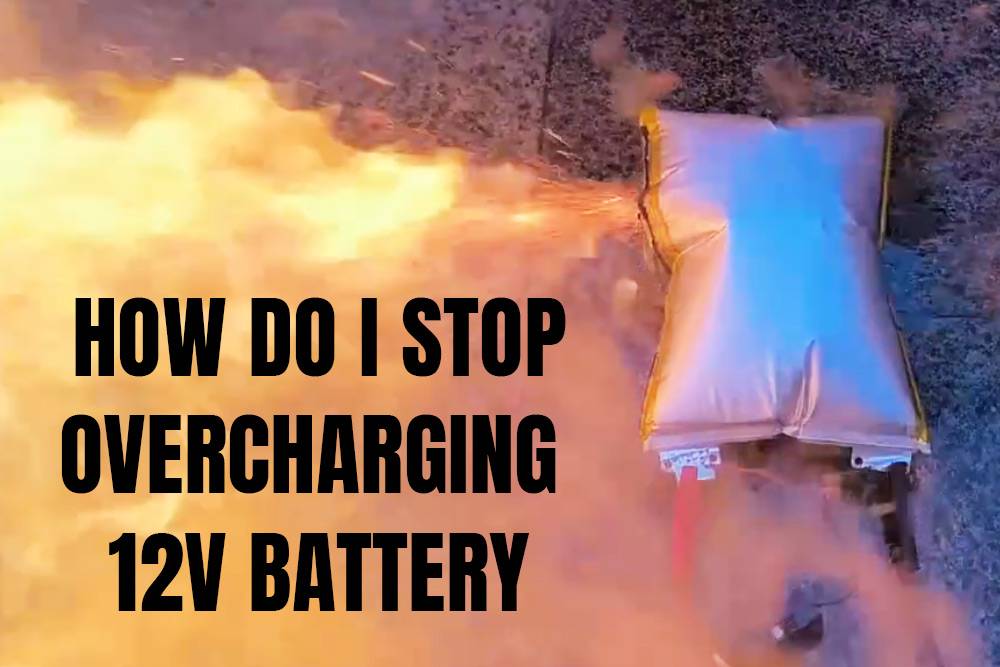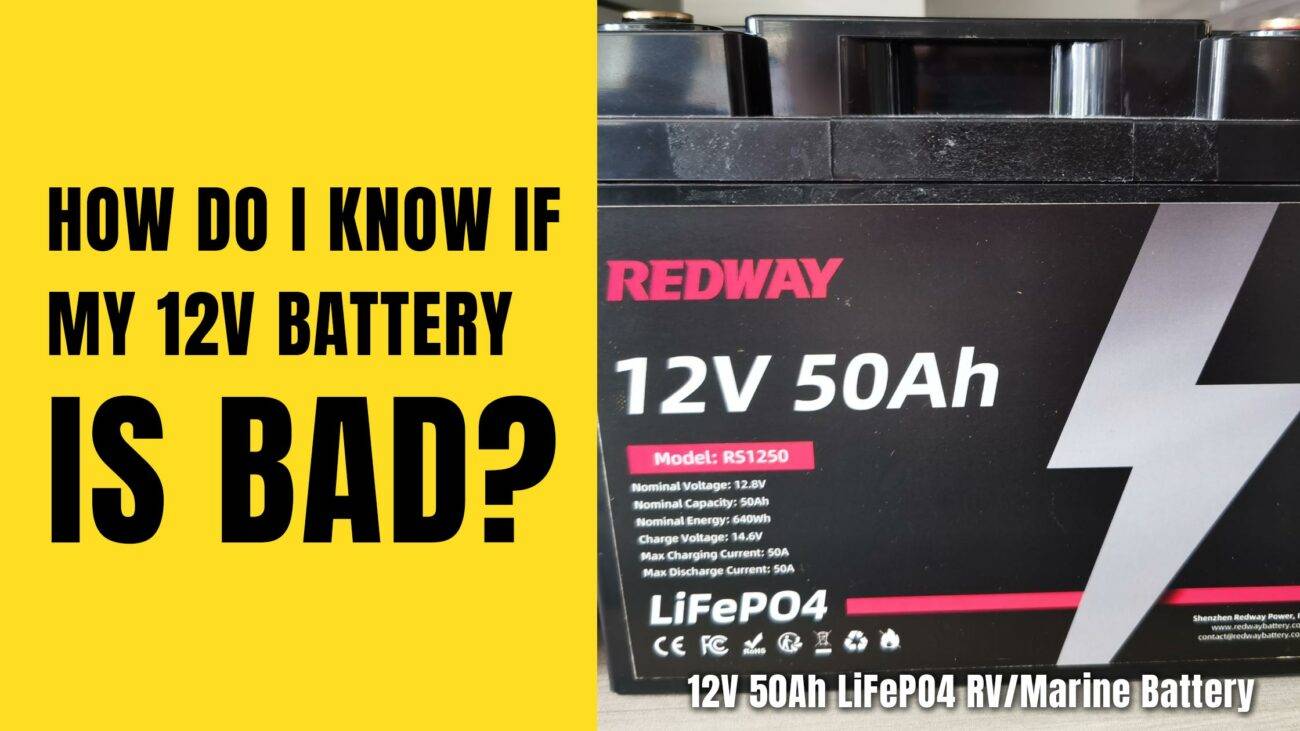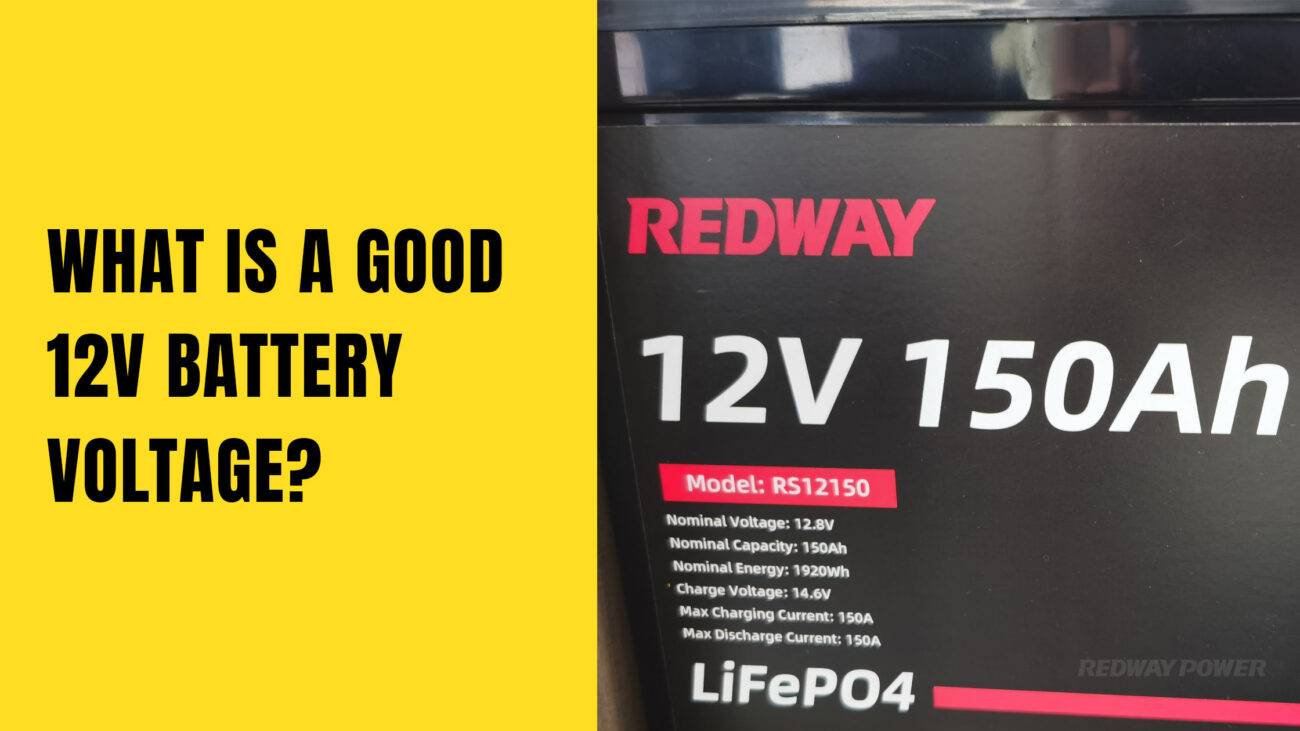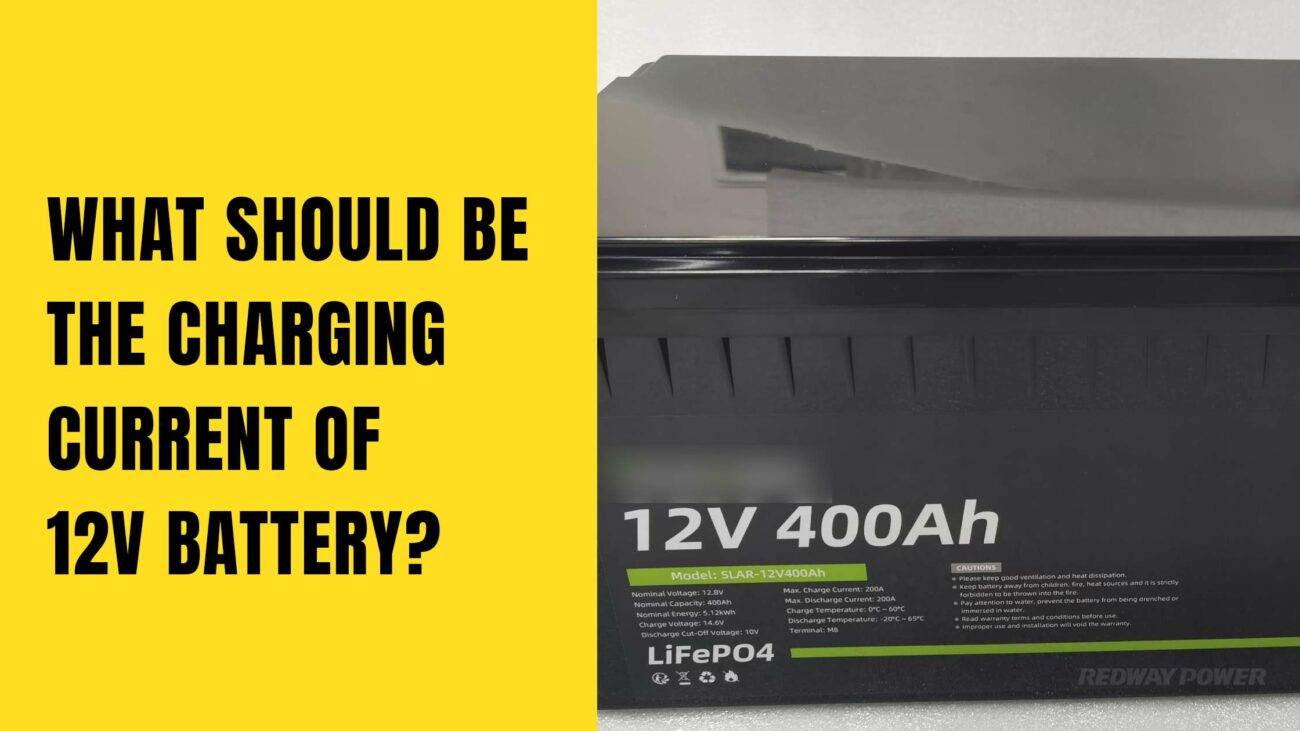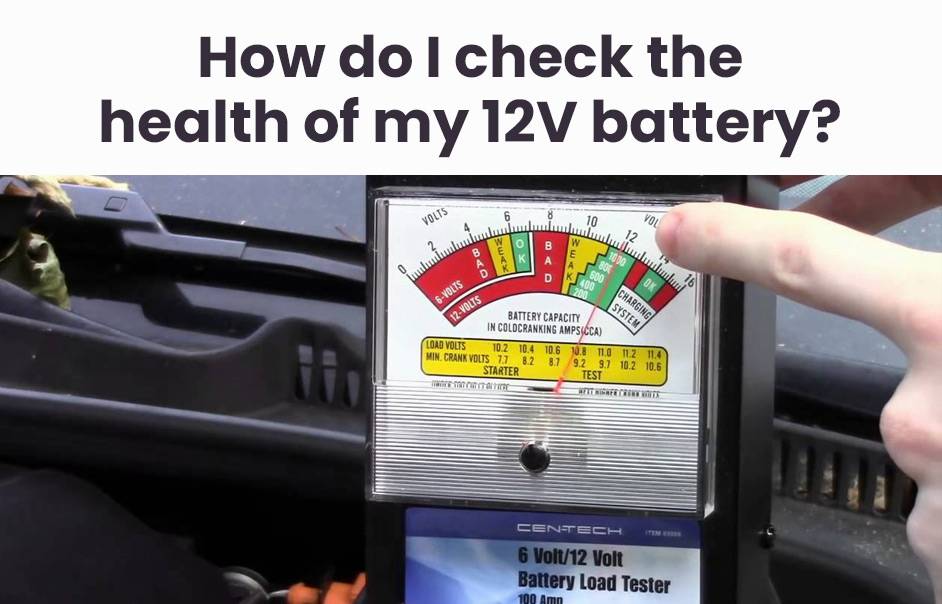Batteries, particularly 12V ones, are vital for powering various devices. Understanding voltage is key to battery safety. High voltage, typically above 14.4V, poses risks like overheating, explosions, and reduced lifespan. Monitoring, avoiding overcharging, and proper storage are crucial for maintaining safe voltage levels.
Understanding Voltage: The Key to Battery Power
Voltage in batteries signifies electrical potential, propelling electrons through circuits. A 12V battery stores energy for devices. Understanding factors like temperature and internal resistance is vital. Use a multimeter for accurate voltage readings. Exceeding safe voltage limits can pose risks. Seek comprehensive information on voltage and battery safety.
Voltage in batteries, like a 12V battery, is crucial for powering devices. Imagine a car battery, supplying electricity to start your vehicle. Understanding factors affecting voltage, such as temperature, is key. For instance, a car battery’s voltage may drop in cold weather, affecting its ability to start the engine. Similarly, internal resistance can impact voltage; older batteries may have higher resistance, reducing voltage output. Using a multimeter, you can measure voltage accurately. Exceeding safe voltage limits can damage devices or even cause fires. In 2019, a smartphone caught fire due to overcharging, highlighting the importance of battery safety. Therefore, it’s essential to educate oneself on voltage and battery safety to prevent accidents and ensure device longevity.
What is a 12V Battery?
A 12V battery stores electricity for various applications like vehicles and solar systems. It consists of six cells generating 2 volts each. Capacity, measured in ampere-hours, determines its energy storage. Regular voltage monitoring ensures optimal performance. Understanding its construction and usage maximizes efficiency and longevity.
A 12V battery is akin to a powerhouse for electrical devices, including vehicles and solar setups. Picture it as a team of six cell players, each contributing 2 volts to the game. Their combined effort determines the battery’s energy capacity, akin to players’ endurance in a match. Monitoring this voltage is akin to keeping an eye on the team’s energy levels throughout the game. Understanding these dynamics helps users make informed decisions to optimize performance and durability. For instance, if a vehicle’s battery is constantly low on charge, it may struggle to start, akin to a team running out of energy before the final whistle.
Factors That Affect Voltage Levels in Batteries
Factors influencing battery voltage include temperature, battery age, load, and charging practices. Temperature extremes alter voltage, while aging batteries lose efficiency. High loads strain batteries, leading to voltage drops. Charging improperly or with unsuitable chargers may raise voltage to unsafe levels. Understanding these factors is crucial for optimal battery performance without exceeding safety limits.
When it comes to battery voltage, various factors come into play. For instance, temperature fluctuations affect voltage levels significantly. In a study, batteries subjected to high temperatures showed increased voltage, while those in colder environments experienced voltage drops. Additionally, as batteries age, their capacity to hold charge diminishes, resulting in lower voltage outputs. Moreover, heavy loads on batteries, such as powering high-consumption devices, can cause voltage to decrease due to increased strain. Furthermore, improper charging practices, like using the wrong charger or overcharging, can lead to dangerously high voltage levels. Understanding these factors helps maintain optimal battery performance and safety.
How to Measure Voltage in a 12V Battery
Learn to measure voltage in a 12V battery with a multimeter. Set the device to DC mode and connect the probes to the battery terminals. Read the displayed voltage for insights into battery health. Regular monitoring ensures optimal performance and early issue detection.
Imagine you’re on a road trip, and suddenly your car won’t start. By measuring your car battery’s voltage with a multimeter, you can diagnose the issue. A fully charged 12V battery typically reads around 12.6 to 12.8 volts. However, if you measure a significantly lower voltage, like 11 volts, it indicates a low charge or potential battery failure. This knowledge empowers you to take preventive action, such as recharging the battery or seeking professional help, ensuring your journey remains smooth and hassle-free.
What is Considered a High Voltage for a 12V Battery?
High voltage for a 12V battery is typically above 14.4 volts, posing risks of damage and safety hazards. For lead acid batteries, it could be at or above 12.9 Volts. Regular monitoring with a multimeter is vital to prevent overcharging. Consult professionals if consistently high readings occur. Maintain safe voltage levels through proper charging methods.
High voltage, like 14.4 volts or above, in a 12V battery can be problematic. It strains the battery and connected devices, leading to premature failure or safety hazards like overheating. Regular voltage checks with a multimeter are crucial to detect overcharging. If consistently high readings are observed, seeking professional help is advisable. To maintain safe voltage levels, use compatible chargers and ensure proper maintenance. This includes cleaning terminals and checking connections to minimize resistance. By following these steps, you can safeguard your battery, prolong its lifespan, and prevent potential dangers associated with excessive voltage.
How to Prevent Damage from Excessive Voltage in Batteries
Learn about the dangers of excessive voltage in batteries. High voltage can lead to electrical shock, overheating, reduced battery lifespan, and damage to electronic devices. Always ensure your 12V battery operates within acceptable limits. Regularly monitor voltage and seek professional help for damaged batteries. Stay safe and prolong battery life with proper maintenance.
Excessive voltage in batteries poses serious risks. High voltage can cause electrical shocks, overheating, reduced battery life, and damage to devices. For instance, when a 12V battery is charged beyond its capacity, it generates excess heat, potentially leading to thermal runaway. Regular voltage monitoring and professional assistance for damaged batteries are crucial for safety and longevity. By understanding these risks and practicing proper maintenance, users can mitigate dangers and ensure optimal battery performance.
How to Monitor and Maintain Safe Voltage Levels in Your 12V Battery
Maintain safe voltage in your 12V battery: Monitor regularly, avoid overcharging, follow charging guidelines, check connections, replace old batteries, and store properly. These practices prevent high voltages, ensuring battery longevity and safety. Prioritize safety to avoid hazards associated with excessive voltage levels.
Maintaining safe voltage levels in your 12V battery is crucial for optimal performance and safety. Regularly monitoring the battery voltage using a multimeter helps detect any abnormalities early on. Avoiding overcharging by following manufacturer instructions prevents excessive voltage. Checking for loose connections ensures proper electrical conductivity, reducing the risk of high voltages. Replacing old or faulty batteries maintains consistent voltage levels, enhancing battery lifespan. Proper storage in controlled temperatures prevents voltage fluctuations. These practices collectively safeguard against hazards associated with excessive voltages, ensuring reliable battery operation and longevity.
